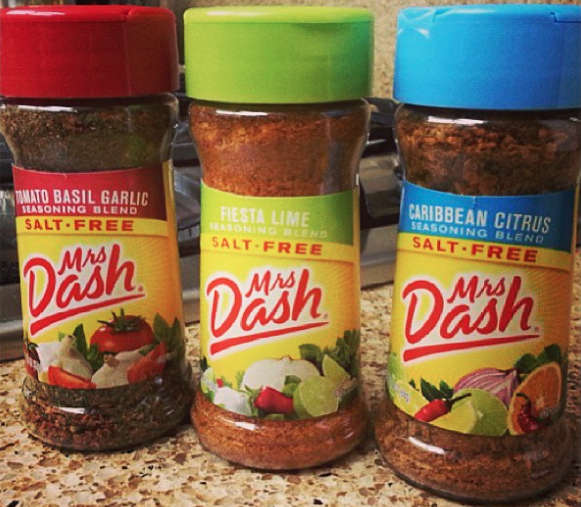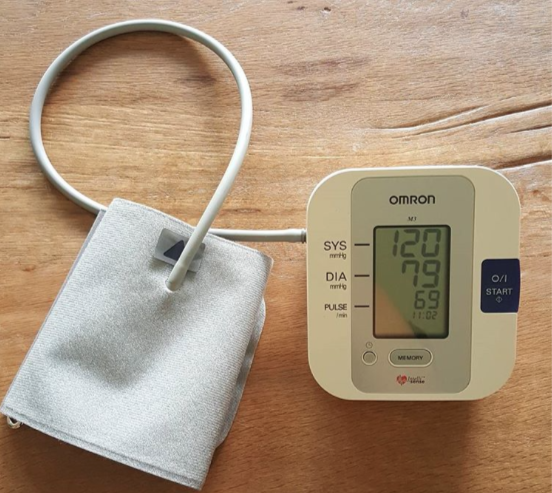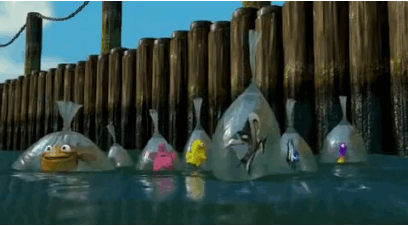With what is said to be the new salt of the century, grocery stores and prepackaged foods are increasingly being filled with potassium chloride, a seemingly perfect and healthy substitution for a national addiction to salt. But is it really a winning answer to the million-dollar question of how people can reduce sodium intake?
What is Potassium Chloride?

Photo courtesy of @obrien_fitness on Instagram
Potassium chloride is a new substance many doctors, dietitians, and scientists have claimed to be “the next best thing” to salt in an ordinarily unhealthy diet. It is said to curb the risk of cardiovascular disease and high blood pressure in patients who have a particularly high salt intake while still maintaining the overall flavor, or saltiness, of salt. Even the toxicity in potassium chloride is similar to that of table salt. It tastes nearly identical, although some noted a “slightly metallic” taste from the alternative.
The idea of using potassium chloride in place of the infamous table salt seems appealing, especially since most Americans aren’t getting enough potassium as it is. Diets rich in the nutrient can help lower risks of hypertension, stroke, and high blood pressure, according to a study conducted by Aburto, et al.
The Problem

Photo courtesy of @donna765 on Instagram
According to the CDC, 90% of Americans eat way more salt than they should. The recommended intake is less than 2,300 milligrams a day, yet most people are consuming over 3,400 milligrams per day. That’s a pretty big difference.
Not only are Americans eating too much of what can kill them, but many people are also unwilling to change their dietary and lifestyle habits and are instead opting for easy alternatives to their favorite foods so it doesn’t feel like there’s a change at all. And that’s where potassium chloride comes into the picture.
There’s no doubt you’ve seen prepackaged foods advertised as having “less sodium” or “light sodium.” The only way the food industry can make their products taste good without salt is to find an alternative to it. Many companies use potassium chloride in their foods and see a positive response, as mentioned by NPR.
While it may seem unreasonable not to join the potassium chloride bandwagon, there are a number of health concerns associated with the substance that makes it a no-no in a healthy diet. First, while potassium chloride is often recommended for people with high blood pressure, those with high blood pressure might just be the people who shouldn’t consume it.

Photo courtesy of @fitmammie.nl on Instagram
While potassium itself has shown to lower blood pressure, it is highly recommended to forgo the easy way out and eat foods naturally rich in potassium (like yogurt, beans, fruits, and vegetables) which have many vitamins and minerals in addition to potassium that aid in the decrease of blood pressure.
Second, those suffering from kidney problems are steered away from this alternative because the kidneys would not be able to dispose of excess potassium efficiently and it could pose all sorts of serious health risks (no one likes painful kidneys).
Finally, it is also possible to overdose on potassium chloride, which is also found in fertilizers, lethal injections, and petroleum. Of course, consuming it in small amounts is not dangerous, but overdosing on potassium chloride can cause muscle weakness, paralysis, mucosal necrosis, and death, as resulted in a study by Saxena K from the Medical Toxicology and Adverse Drug Experience. If salt is unhealthy, and potassium chloride is potentially dangerous, what can we do to maintain our health?
The Solution

GIF courtesy of giphy.com
Potassium chloride is by no means an end-all-be-all solution for the sodium problem America has been experiencing for the past few decades. Many products that are low/no salt are not as healthy as you think because the flavor is compensated through other, potentially more dangerous, methods.
The only solution? There is no solution, because health is a lifetime commitment, and there isn’t an easy way to solve problems or cover them up. The only way to maintain a truly healthy diet is to eat less sodium—nothing that’s “less salt” and no more salt substitutes. It can be a difficult change and requires self-discipline, but I promise you will be happier because of it. This is the only body you have, so you have to give it the best care you can. And trust me, your body will thank you for this.




